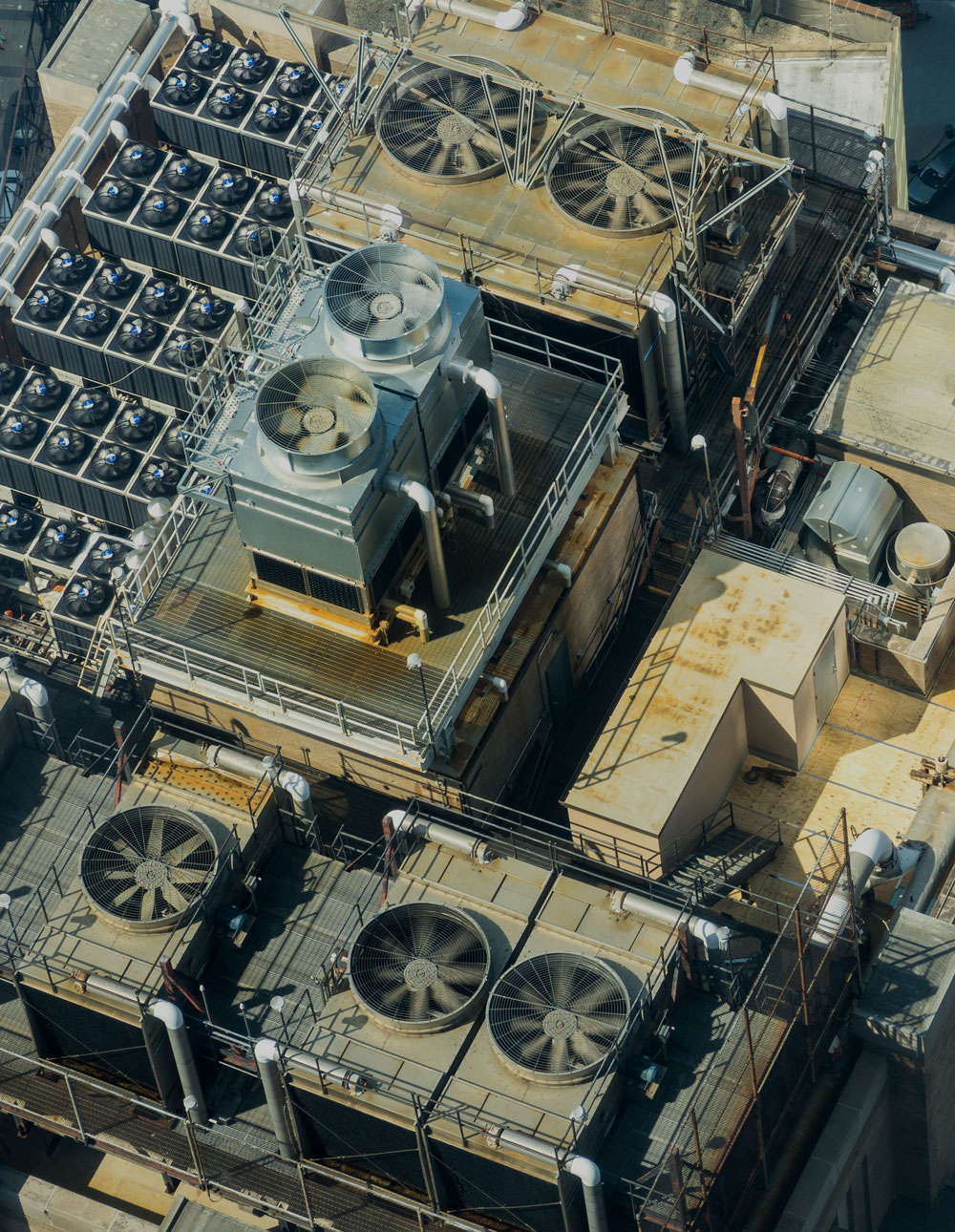ACR has published version 3.0 of the Methodology for the Quantification, Monitoring, Reporting and Verification of Greenhouse Gas Emission Reductions and Removals from Advanced Refrigeration Systems. The intent of the Methodology is to incentivize GHG emission reductions through the deployment and use of advanced refrigeration systems in large commercial and stand-alone commercial refrigeration.
Read more
The refrigerant industry has been moving to introduce advanced commercial refrigerant technologies for years, yet the adoption of these technologies has been slow. Such systems may deploy refrigerants, such as ammonia, carbon dioxide, hydrocarbons, and hydrofluoroolefins, as alternatives to commonly used hydrofluorocarbon (HFC) and hydrochlorofluorocarbon (HCFC) refrigerants. The Methodology is based on a robust data set, including the greenhouse gas inventories for Canada, Mexico, and the U.S.
Key changes in version 3.0 include the following:
- Updated default GWP values of baseline refrigerants to be applied in quantification of baseline emissions, to account for changes to U.S. regulation of refrigerants coming into effect on January 1, 2025, especially the U.S. EPA’s Rule, Phasedown of Hydrofluorocarbons: Restrictions on the Use of Certain Hydrofluorocarbons, under Subsection (i) of the American Innovation and Manufacturing Act of 2020.
- Updated performance standards for projects based in the U.S., Canada, and Mexico to reflect the latest data on market penetration rates for ultra-low-GWP and lower-GWP refrigerants.
- Updated annual amortized emission rates for eligible applications in the U.S. based on first-fill, annual, and disposal emission rates published in the Inventory of U.S. Greenhouse Gas Emissions and Sinks: 1990-2022.
A full summary of changes from version 2.1 to version 3.0 is published below. The Methodology was originally developed by Dentons US and EOS Climate in cooperation with Susan Wood Consulting and True Manufacturing.
ACR is an internationally recognized carbon crediting program that operates in global compliance and voluntary carbon markets. A nonprofit enterprise of Winrock International, ACR was founded in 1996 as the first private greenhouse gas (GHG) registry in the world with the mission of harnessing the power of markets to improve the environment



